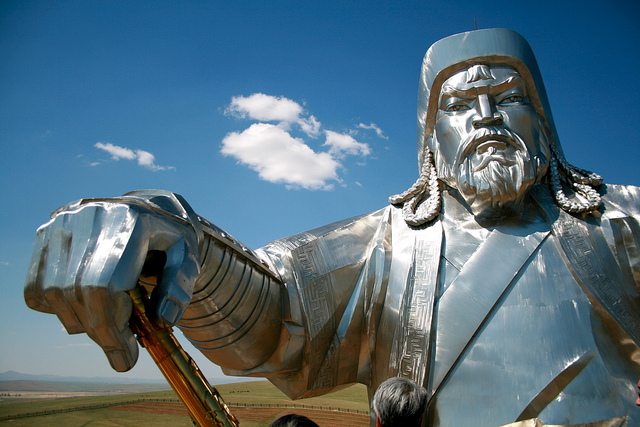
by Main | Mar 11, 2016 | Universal Principles and Values
The rise of great civilizations requires a foundation of universal principles and shared values that form the foundation of an ethic that holds the people to a shared identity and destiny. A civilizations’ rise is attributed to the people’s resonance to enduring...
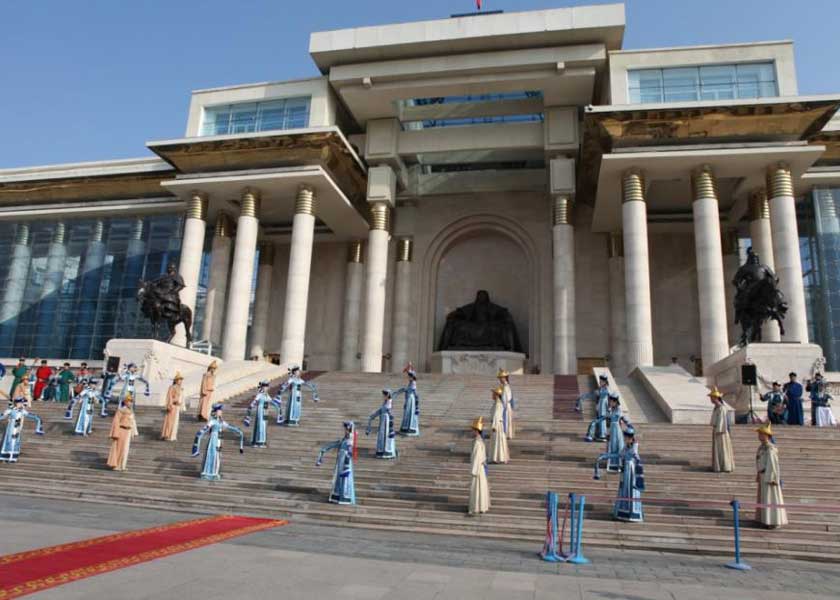
by Main | Feb 29, 2016 | Korean Dream, Universal Principles and Values
Tribalism describes the way human societies have operated for nearly the whole of human history. As an organizing principle based on the notion of shared kinship ties, tribalism makes distinctions between those of the tribe and those who are not. The danger of this...
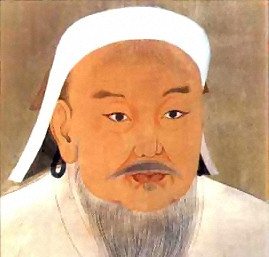
by Main | Jul 17, 2015 | Universal Principles and Values
For centuries since his passing, Genghis Khan has taken on mythic proportions as a blood-thirsty barbarian who destroyed and plundered his helpless and hapless victims during a horrific reign of terror. Yet, in what is only recently being discovered, is what...
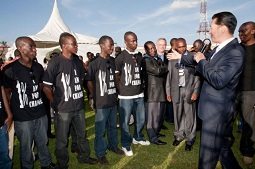
by Main | Jun 10, 2015 | Interfaith, One Family Under God, Universal Principles and Values, Youth Leadership
The rational-choice theory that has been so popular up until now suggests that, given the right incentives and punishments, human beings and thus human societies will make rational choices. And yet, clearly, that has not been the case. War is not rational; violence is...
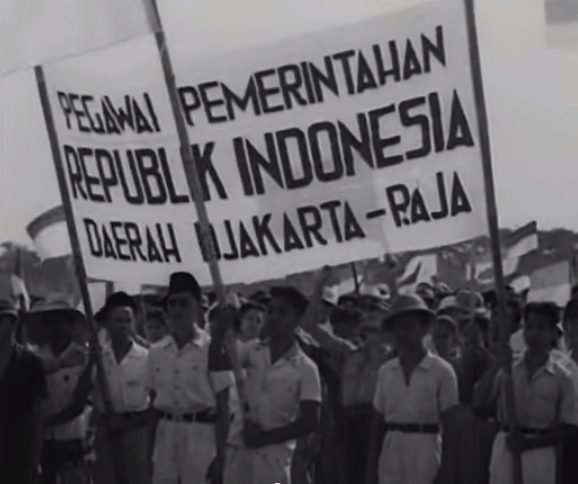
by Main | Apr 20, 2015 | National Transformation, Universal Principles and Values
When lecturing on “What is a Nation”, French scholar, Ernest Renan, suggested that building a nation required acceptance of the past and choosing new realities for a shared future. He explains: A nation is therefore a large-scale solidarity, constituted by the feeling...

by Main | Aug 11, 2014 | Local Conferences, Moral and Innovative Leadership, National Transformation, Universal Principles and Values
“Well functioning democracies stand on a foundation of principles and values. These are spiritual values that are not derived from any human institution, but endowed by our Creator. These are not just abstract ideals, but have real world implications.”...







